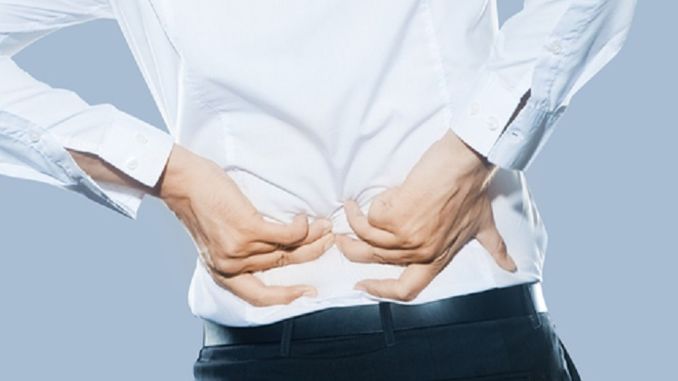
Neurosurgery Specialist Op. Dr. İsmail Bozkurt gave important information about the subject. The skeletal system consists of bones, enables movement, gives the body resistance to external factors and creates resistance. It is the spinal system that carries the body. The outer and inner surfaces of the vertebrae proceed in a line and follow each other in such a way that they are directly on top of each other.
Lumbar slippage is the discomfort that occurs when the spinal bones slide forward or backward due to different reasons. Displacement of the spine causes narrowing of the spinal canal (spinal canal), creating pressure on the nerves, leading to neurological symptoms (complaints).
waist slippage; It may occur as a result of too much strain on the lumbar vertebrae, accident or difficult birth, aging, trauma (such as falling, accident) or congenital structural differences. In addition, heavy sports can cause waist slippage. Congenital waist slippage is more common in young people. In people over the age of 40, it may occur as a result of trauma or microfractures as a result of bone resorption.
Symptoms of Lumbar Slipping;
- The most common symptom is severe pain in the lower back and hip region,
- Numbness, pain and burning sensation in the legs, aggravated by walking and usually relieved by squatting
- limping walking,
- Weakness in both legs
- Momentary cramping when bending forward or backward.
Kiss. Dr. İsmail Bozkurt said, “After the diagnosis of lumbar slippage, the choice of treatment is chosen according to whether the slip is fixed or mobile. If lumbar slippage has occurred, it does not necessarily need to be intervened if it is in an inactive state. However, if the lumbar slippage is in motion, it should be evaluated in terms of surgery. In these surgeries, the slip is fixed with a titanium alloy (popularly known as platinum) screw system, which we call implant, and the nerves going to the spinal cord and legs are relieved.


Be the first to comment